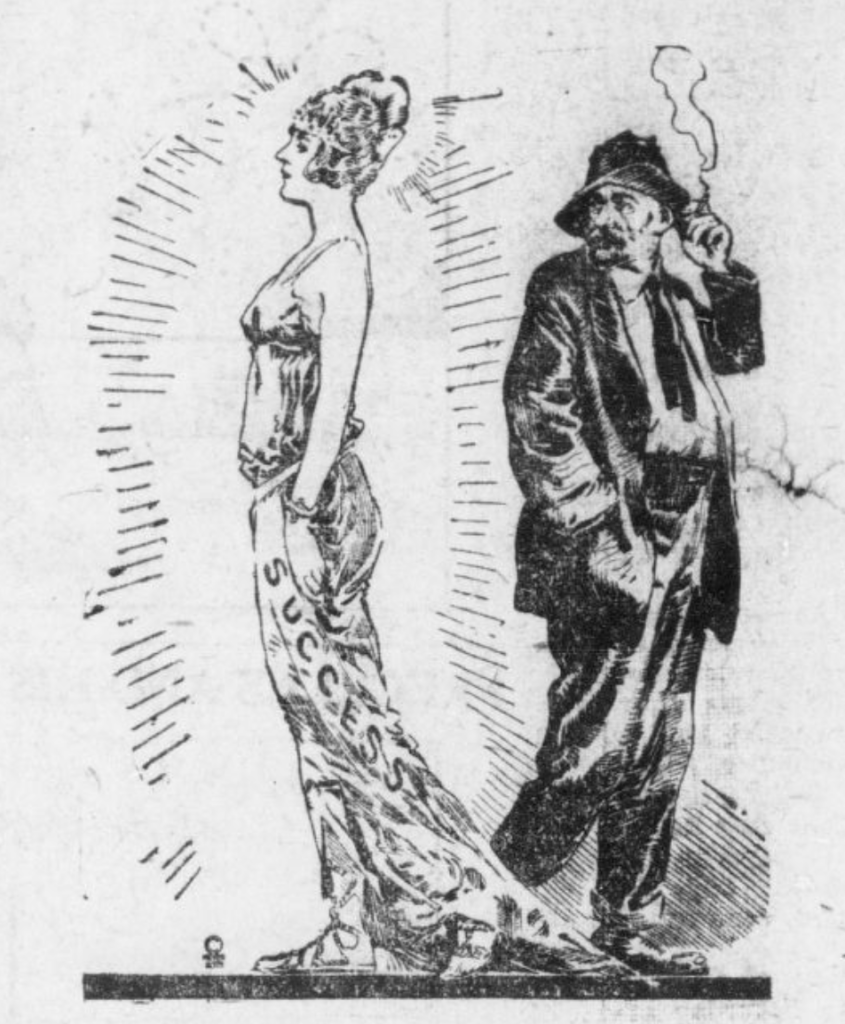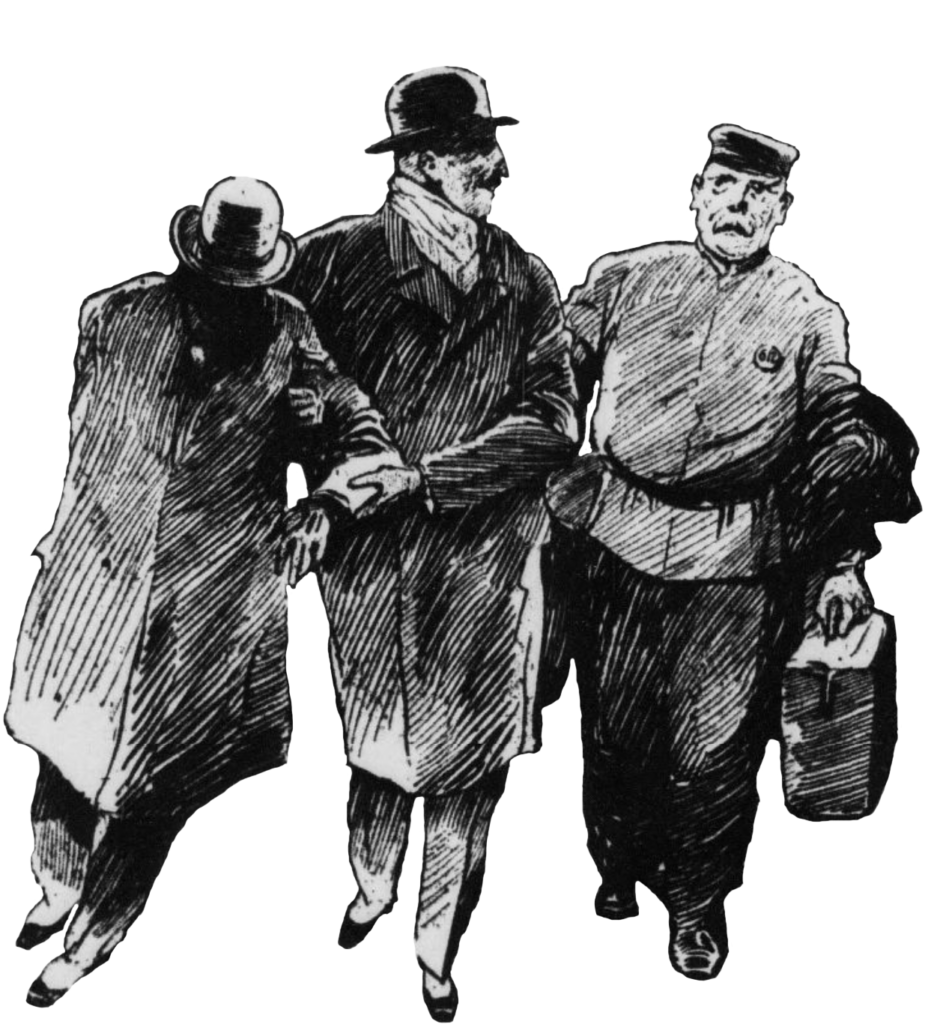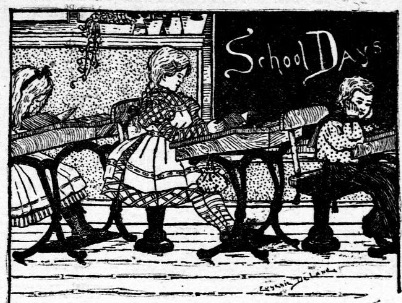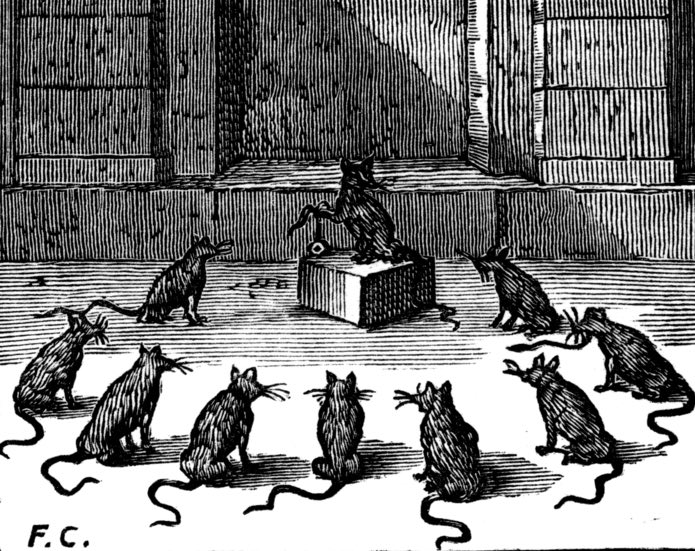
Learning about critical thinking involves developing the skills and knowledge to analyze information objectively and evaluate arguments and evidence.
As I briefly discussed in my previous article on combatting fake history, critical thinking skills can be learned via free online courses.
However, here are some strategies that can help individuals learn about critical thinking.

Attend workshops and seminars
Many organizations and institutions offer workshops and seminars on critical thinking. This is especially true in corporate America. Critical thinking courses and workshops are slowly gaining in popularity.

Take online courses
There are many free online courses that teach critical thinking skills. These courses cover topics such as argument analysis, logical reasoning, and cognitive biases.
A quick online search will turn up a number of these courses. Take the ones that are offered for free.
Also, check out a few free courses created for journalists. These courses also teach critical thinking skills.

Read books and articles
Reading books and articles about critical thinking can be an effective way to learn about the subject. Some recommended books on critical thinking include “Thinking, Fast and Slow” by Daniel Kahneman, “The Art of Reasoning” by David Kelley, and “The Demon-Haunted World: Science as a Candle in the Dark” by Carl Sagan.
There are also a number of “free” books on critical thinking available on Amazon if you are a Kindle subscriber.
Furthermore, if you don’t have time to read, watch YouTube videos on critical thinking and how to improve your skills.

Practice critical thinking
The best way to learn critical thinking is to practice it regularly. Encourage yourself to question assumptions, evaluate evidence, and analyze arguments in your everyday life. Look for opportunities to apply critical thinking in your work, personal relationships, and decision-making.

Seek out different perspectives
Exposing yourself to diverse perspectives and ideas can help you develop critical thinking skills. Engage in discussions with people who hold different viewpoints from your own, and consider their arguments and evidence.

